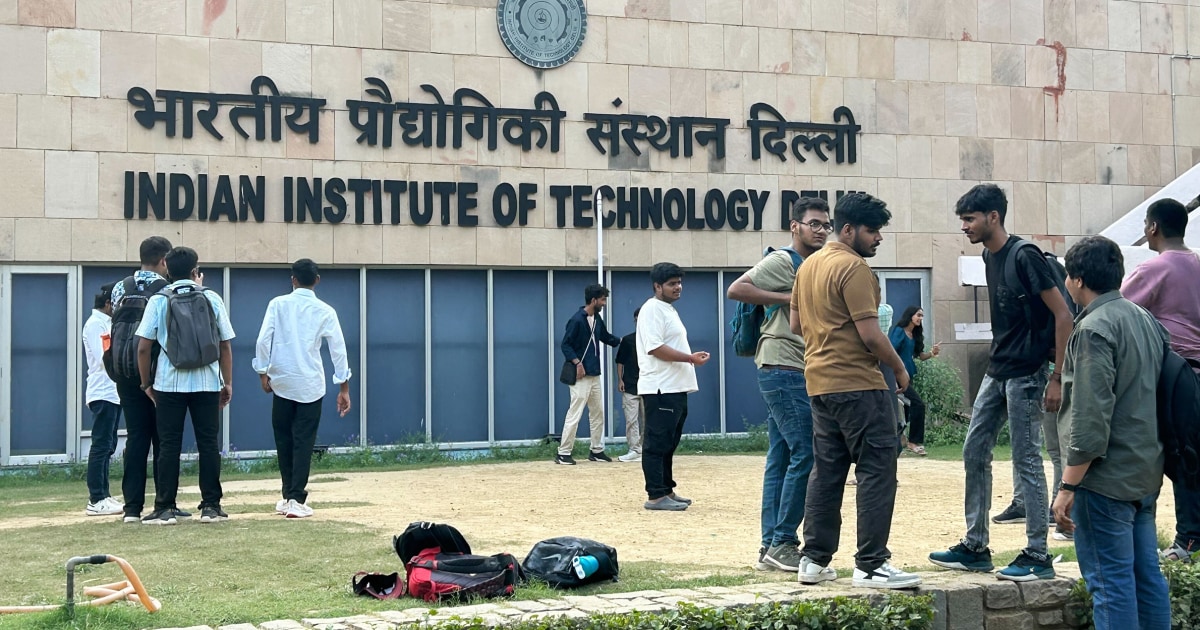New $100,000 H-1B Visa Fee Deters Indian Tech Talent, Fuels Global Competition
The steep increase in H-1B visa fees signals a significant shift in U.S. immigration policy, potentially redirecting global tech talent away from America and intensifying international competition for skilled workers.

Subscribe to our newsletter and stay informed about latest H1B news, policy updates and and other developments.
Article Summary
A new $100,000 fee for H-1B visa applications, announced by President Trump, is causing Indian tech students and professionals to reconsider moving to the United States. This significant cost increase, up from $2,000-$5,000, is prompting many to explore opportunities in European and Asian countries. Nations like Germany, the UK, and China are actively promoting their own skilled worker visa programs to attract this talent, intensifying global competition.
Original Article: nbcnews.com
[ Sentiment: negative | Tone: factual ]
This summary and analysis were generated by TheNewsPublisher's editorial AI. This content is for informational purposes only; it does not constitute legal or immigration advice.
[ Sentiment: negative | Tone: factual ]
This summary and analysis were generated by TheNewsPublisher's editorial AI. This content is for informational purposes only; it does not constitute legal or immigration advice.
TNP AI: Key Insights
This policy change directly impacts skilled professionals by making the U.S. H-1B pathway significantly more expensive and less predictable, forcing a re-evaluation of career strategies. For U.S. employers, it escalates the cost of acquiring foreign talent and risks diminishing the pool of highly skilled individuals available for critical roles, particularly in the tech sector.
The $100,000 fee represents an unprecedented increase from prior H-1B application costs, marking a dramatic departure from decades of established pathways that enabled a significant influx of skilled Indian professionals into the U.S. tech sector. This contrasts sharply with the historical predictability of the program.
While the U.S. implements prohibitive H-1B costs, countries like Germany, the UK, and China are actively streamlining and marketing their skilled worker visa programs as attractive alternatives. This creates a competitive global landscape where the U.S. risks losing its edge in attracting and retaining top-tier talent to nations offering more stable and welcoming immigration policies.
This decision will likely face legal challenges and could prompt U.S. businesses to increase offshoring efforts to access global talent. It also raises concerns about the long-term pipeline of international students for U.S. universities and the overall competitiveness of American industries in attracting global innovation.




